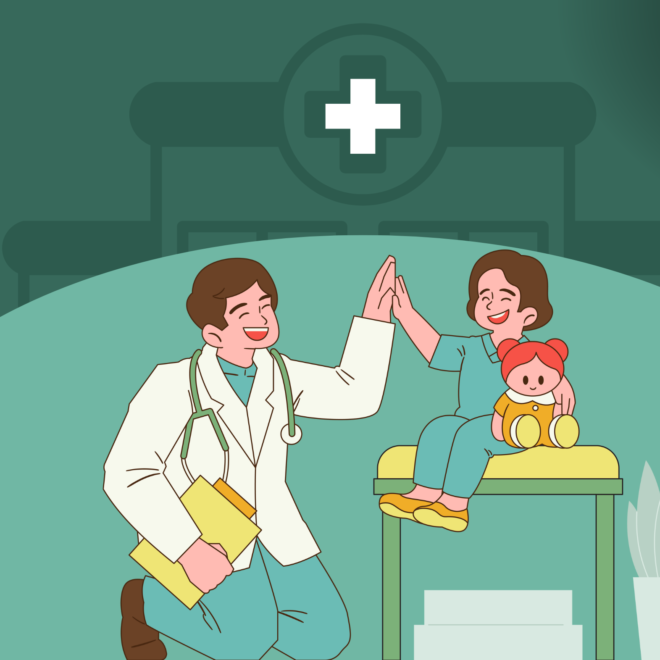|
Getting your Trinity Audio player ready...
|
You lean over to whisper something to your friend, and you notice a strange look on their face. Could it be your breath? Maybe those extra onions on your hamburger at lunch weren’t the best idea. What can you do if you have smelly breath?
The good news is that everyone experiences bad breath from time to time. Let’s explore how to detect it, prevent it, and even treat it.
What’s That Smell?
Bad breath, also known as halitosis (say: hal-uh-TOE-sis), can be caused by a variety of factors, from poor dental hygiene to certain foods or medical conditions. Sometimes, people aren’t aware their breath smells bad, and it’s up to others to let them know—tactfully, of course. Offering a mint or sugarless gum can be a subtle way to help without saying a word.
If you need to tell a friend about their bad breath, you could mention that you’ve dealt with it yourself, especially after eating certain foods. This approach can make your friend feel less embarrassed and more willing to accept your help. If you’re worried about your own breath, ask someone you trust for an honest opinion—just avoid asking siblings, as they might tease you even if your breath is fine!
While occasional bad breath is normal, frequent or persistent bad breath might require a visit to the dentist or doctor.

What Causes Bad Breath?
Here are three common causes:
- Foods and drinks: Garlic, onions, cheese, orange juice, and soda can leave lingering odors.
- Poor dental hygiene: Not brushing and flossing regularly allows food particles to rot and bacteria to grow, leading to bad smells.
- Smoking and tobacco use: These can leave a lasting odor in your mouth.
When food particles stay in your mouth, they can decay and cause unpleasant smells. Plaque, a sticky film that builds up on teeth, also harbors bacteria, which can contribute to bad breath.
Preventing Bad Breath
To keep your breath fresh, avoid smoking or using tobacco products. Practice good oral hygiene by brushing your teeth at least twice a day and flossing daily. Don’t forget to brush your tongue, as bacteria can accumulate there. Regular dental checkups and cleanings—twice a year—are also essential. Your dentist can spot potential issues, like gum disease (periodontal disease), which can cause bad breath and harm your teeth.
If you’re concerned about bad breath, talk to your dentist or doctor. They might take a whiff of your breath to help diagnose the issue. For example, a sweet, acetone-like smell could indicate uncontrolled diabetes, while sinus or liver problems might also cause bad breath in rare cases.
Most of the time, though, bad breath is caused by something simple, like the food you ate. By maintaining good brushing and flossing habits, you can keep your breath fresh and avoid unpleasant odors!



